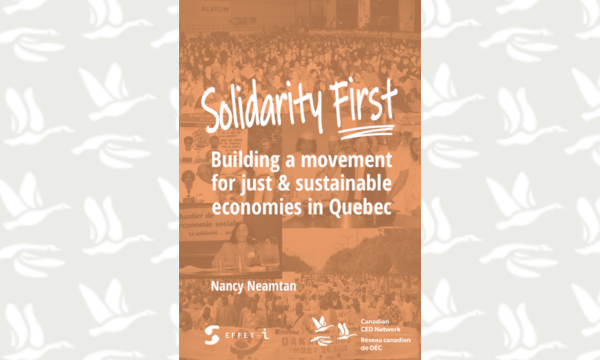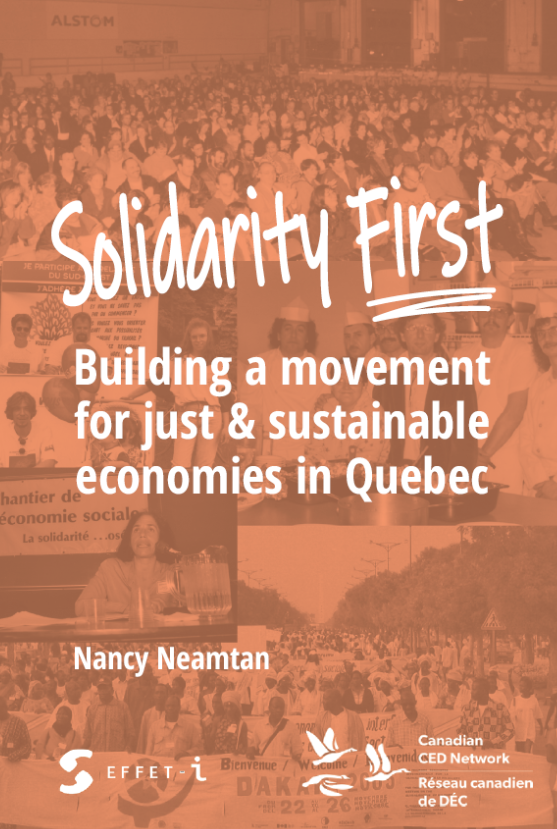The story of Quebec’s social economy movement is little known in Canada and even in many parts of Quebec. This may seem surprising given the interest that the Quebec model of social economy has aroused and still arouses in many countries and international organizations on all continents.
And yet, social economy remains a vague concept for many people, often associated with social activist and the “management” of poverty. This perception is in sharp contrast with reality: there are more than 7,000 collective enterprises in Quebec active in a wide variety of economic sectors. The social economy is an integral part of our socio-economic structure, is growing steadily throughout Quebec and is increasingly shaping global development strategies. Its various realities and impacts have been the subject of many scientific works: they have been analyzed from every angle. In general, the verdict is positive and the benefits are documented more and more through quantitative and qualitative studies.
But the social economy is more than the sum of many collective enterprises operating in various sectors with similar modes of organization. To understand Quebec’s social economy, it is not enough to display columns of figures showing the volume of business transactions and the sums invested or accumulated. For the history of the social economy is above all the story of women and men, communities, entrepreneurs, consumers, investors who are committed to the creation of a movement for economic democratization.
This movement, built on the accomplishments of previous generations, resurfaced in the 1970s for the first time within a specific territorial framework in neighbourhoods and villages in various parts of Quebec. Initially, this citizen mobilization was to change the way economic development took place within their communities. Over the years, it evolved into a global vision of social economy and collective enterprise as an expression of that same determination to create a more democratic and inclusive economy.
Contents
- Introduction
- Chapter 1: 1983-1989 | A Strategic Choice: Defining Ourselves as Economic Actors in Our Community
- Chapter 2: 1989-1996 | Collaboration as a Development Strategy: The Path to Recognition as an Economic Actor
- Chapter 3: 1996 | Towards the Summit: The Social Economy Cuts its Teeth
- Chapter 4: 1996-2004 | Community-based Collective Action: New Impetus for the Social Economy
- Chapter 5: 2004-2015 | A Deeply-rooted Social Movement Stands Fast in Stormy Times
- Chapter 6: Epilogue
- Appendixes






